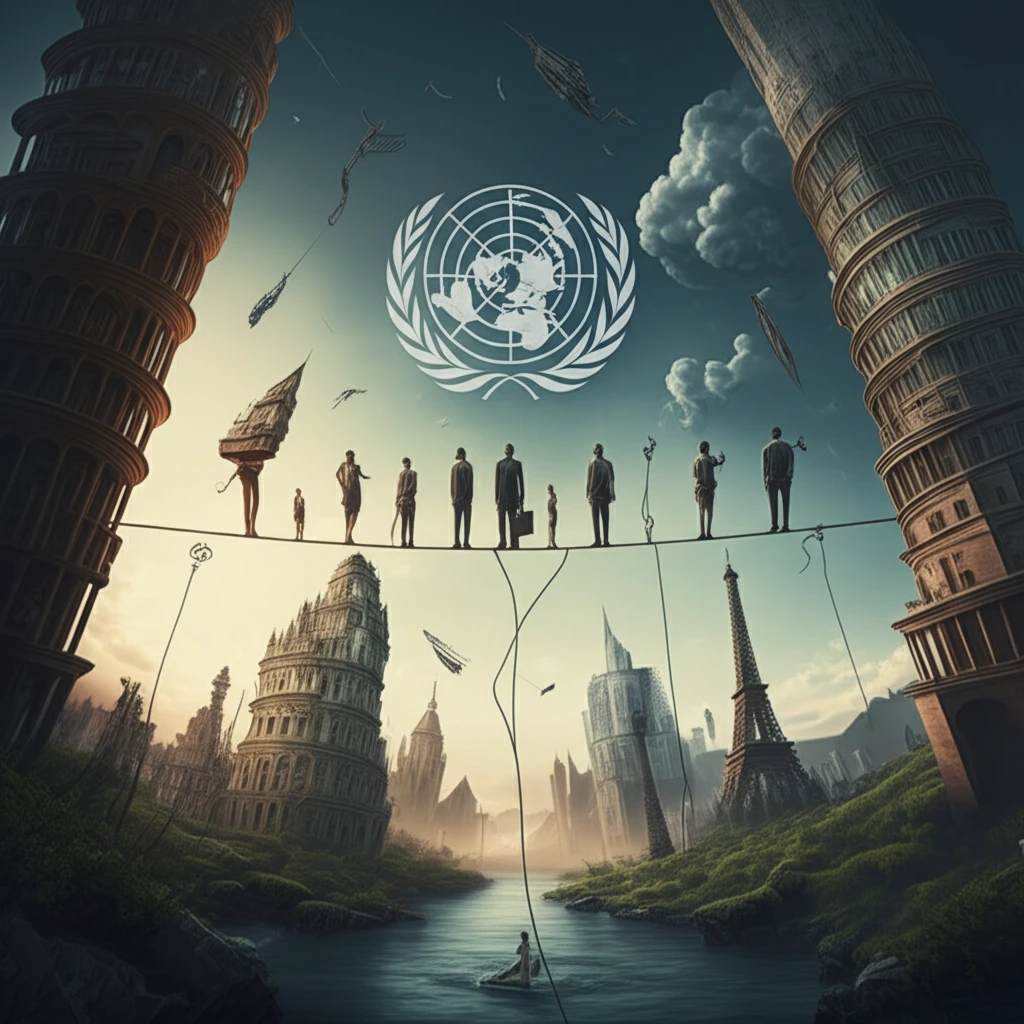
Navigating the Tightrope: How Muslim States Balance Liberalism and Human Rights on the Global Stage
"A Deep Dive into the Complex Dynamics at the United Nations"
In the ever-evolving landscape of international relations, the United Nations serves as a crucial arena where diverse ideologies and cultural values intersect. Among the most compelling dynamics is the relationship between Muslim states, liberal principles, and human rights. For decades, this interplay has shaped debates, influenced policies, and revealed the inherent tensions between differing worldviews.
The liberal values that dominate the United Nations often set the stage for how religious actors, including Muslim states, engage in human rights discussions. Secular groups have frequently steered the discourse, creating a framework where religious actors must adapt to be heard. This adaptation, however, comes with its own set of challenges and vulnerabilities.
This article delves into the complexities of this dynamic, exploring how Muslim states navigate the liberal-dominated environment of the United Nations. We will examine the strategies they employ, the obstacles they face, and the broader implications for international human rights norms and religious freedom.
The Rise of Religious Voices at the UN: A Seat at the Table?

Over the past few decades, religious voices have become increasingly prominent within the United Nations. This surge is due to several factors, including the growing importance of civil society, the cultural turn in world politics, and the recognition of the resources that religious groups can provide.
- Growing Civil Society: Religious groups realized the importance of engaging in advocacy at the United Nations and scaled up their activism.
- Cultural Shift: The rise of arguments favoring alternatives to Western secular values provided space for diverse perspectives.
- Resource Provision: The United Nations actively sought support from religious groups to enhance its legitimacy and effectiveness.
Finding Common Ground: The Future of Religious Engagement at the UN
The relationship between Muslim states, liberalism, and human rights at the United Nations remains a complex and contested terrain. While the dominance of liberal values can create challenges for religious actors, it also necessitates adaptation and dialogue. The future will likely see continued efforts to find common ground, balancing the protection of individual rights with respect for diverse cultural and religious traditions. Whether this balance can be achieved remains an open question, but the ongoing engagement of Muslim states at the United Nations is essential for shaping a more inclusive and equitable global order.
